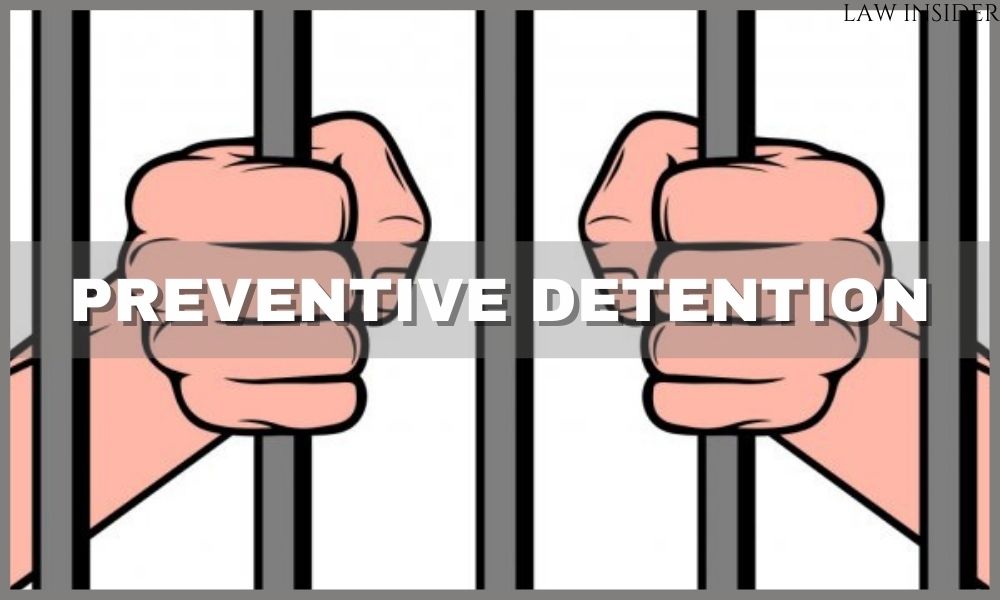Tanisha Rana
Published on: October 03, 2022 at 21:01 IST
The Supreme Court declared on Friday that Preventive Detention is a serious violation of one’s right to privacy and liberty and that constitutional protections for such rights are inalienable.
The remarks were made by a bench led by Chief Justice of India Uday Umesh Lalit as it overturned a preventive detention order against a man that the Tripura government had issued in November 2021 to stop the trafficking of illegal drugs on the grounds that the authorities had not applied their minds and withheld crucial information.
The bench, which was made up of Justices S Ravindra Bhat and JB Pardiwala, noted that in addition to violating the safeguards, a detention order can also be invalidated by an illogical delay in placing the person in custody.
“What few protections the Constitution and the enactments authorising such detention provide assume utmost importance and must be strictly adhered to because preventive detention is a serious invasion of personal liberty and the normal methods open to a person charged with committing any offence to refute the charge or prove his innocence at the trial are not available to the person preventively detained,” underlined the court.
It was emphasised that a detention order is unlawful if all pertinent information about the individual being requested for detention is either withheld or not presented to the proper authorities by the police.
“The requisite subjective satisfaction, the formation of which is a condition precedent to passing of a detention order, will get vitiated if material or vital facts which would have a bearing on the issue and weighed the satisfaction of the detaining authority one way or the other and influence his mind are either withheld or suppressed by the sponsoring authority or ignored and not considered by the detaining authority before issuing the detention order,” said the bench.
The bench stated that given the goal of the authority granted to authorities, it is essential for them to stay watchful in taking a person in lawful custody “at the earliest,” citing a prior Supreme Court decision that stated preventative detention is designed to provide protection to society.
It was concluded that any lack of concern on the part of either the detaining authority or the executing authority would undermine the fundamental intent of the preventative action, render the detention order meaningless, and thwart the entire legal process.
The court further stated that the “live & proximate link” between the grounds for detention and its goal would be severed if there was an inexplicable delay between the date the order of detention was passed and the date of the proposal.
The bench in the current case noted that the detention order was flawed not only because it took five months between the proposal and passing of the order, but also because the police officers failed to inform the detaining authority that the accused had been released on bail in the two drug cases that served as the basis for the order.
“Had this fact—bail—been brought to the detaining authority’s attention, it would have had some bearing on whether or not the detaining authority decided to issue an order of detention.”
The bench overturned the detention decision against Sushanta Kumar Banik, stating that the state “never thought to even dispute the bail orders made by the special court releasing the appellant on bail.”
Case Title: Sushanta Kumar Banik vs. State of Tripura

